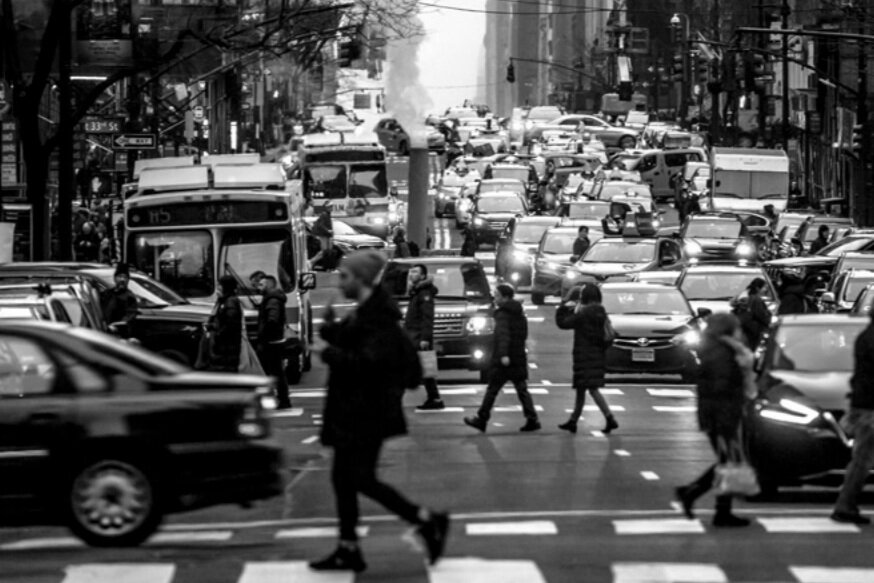Practice Tools and Resources:
The following frameworks, research, and resources - developed by external organizations, BIPOC experts, and others - were highlighted by practitioners during our v0 engagement phase. This also includes expertise that project teams and practitioners referenced.
Urban Design Data & Predictive Analytics To: Optimize Resources, Drive Consensus, Build Trust (State of Place)
A pragmatically geeky citymaking software that helps you fight the smarter fight, using really detailed “micro-scale” urban design data, nerdy forecasting tools, and Sim-City like scenarios that help you co-create community-led changes with the biggest impact on quality of life and quantify their benefits!
Equity Metrics for Health Impact Assessment Practice (SOPHIA)
The conceptual framework and tools in this resource emphasize building community power through the practice of HIA as a key process for advancing equity.
Healing-Centered Community Engagement (Enterprise Community Partners)
Even without extensive training or background, it’s possible to integrate healing-centered practices into your strategies for community engagement. This document outlines a few healing-centered engagement practices that you can start using right away.
Racial Equity Action Plans, A How To Manual (GARE)
Racial Equity Action Plans can put a theory of change into action to achieve a collective vision of racial equity. Plans can drive institutional and structural change. The goal is institutional and structural change, which requires resources to implement: time, money, skills, and effort.
Convening A Cultural Advisory Group (Enterprise Community Partners)
A comprehensive template and guide available for teams completing a Cultural Resilience Assessment in line with Criterion 1.7 Resilient Communities: Strengthening Cultural Resilience of the 2020 Green Communities Criteria.
Cultural Resilience Assessment / Cultural Asset Guide (Enterprise Community Partners)
A comprehensive template and guide available for teams completing a Cultural Resilience Assessment in line with Criterion 1.7 Resilient Communities: Strengthening Cultural Resilience of the 2020 Green Communities Criteria.
Anti-Racist Design Justice Index (Design as Protest Collective)
A tool for architects, designers, planners, policy makers and community activist committed to taking action towards identifying and dismantling systemic racism within our practices, organizations, academic institutions, and local governments.






